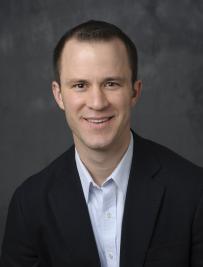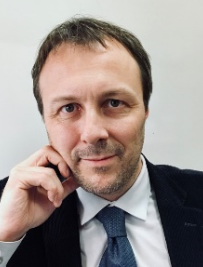Mission
To represent a cross-Atlantic community of Young Investigators – PhD-students, postdocs and young PIs – affiliated with ISACB. We aim to internationally stimulate networking, collaborative partnerships, mentoring, and the facilitation of interdisciplinary communication across various stages of individuals’ careers.
Summary
The Overall goals of the ISACB Early Career Mentorship Committee are:
- Facilitate the formation of mentor-mentee and peer-to-peer mentoring relationships
- Foster career development and collaborative opportunities across the ISACB community
- Organize and lead the Young Investigator Scientific Session at the bi-annual ISACB meeting
- Advise junior members of ISACB on early career grant opportunities, lab management, project development, scientific communication, industrial valorization, and others
- Organize Mentorship Webinars and/or in-person meetings with members of ISACB
- Represent the voices of the ISACB’s young investigators to the ISACB board
Meetings Topics
Potential mentoring topics include, but are not limited to:
- Career panels
- Funding opportunities
- Communication tips
- Management strategies
- Work-life balance
If you are interested in joining the Early Career Mentorship committee, please contact any of the current committee members.


